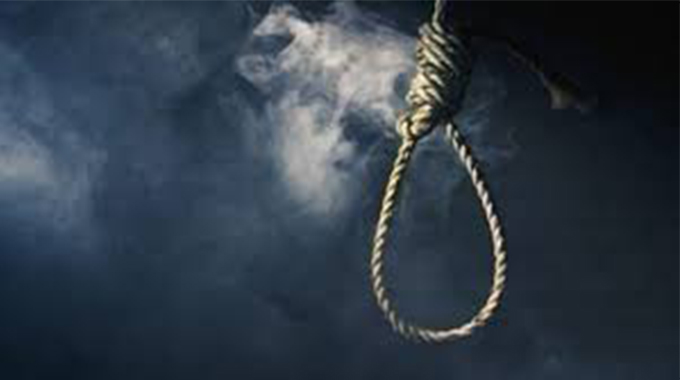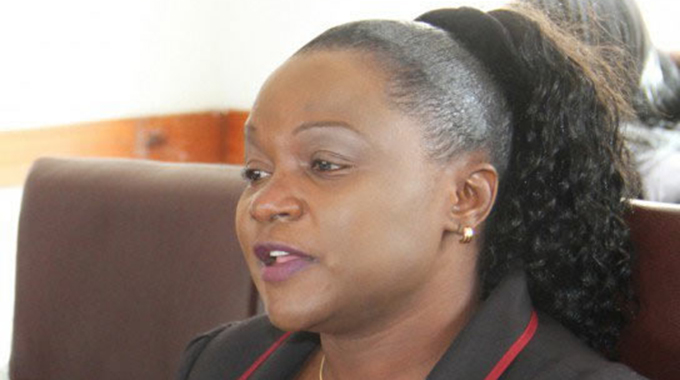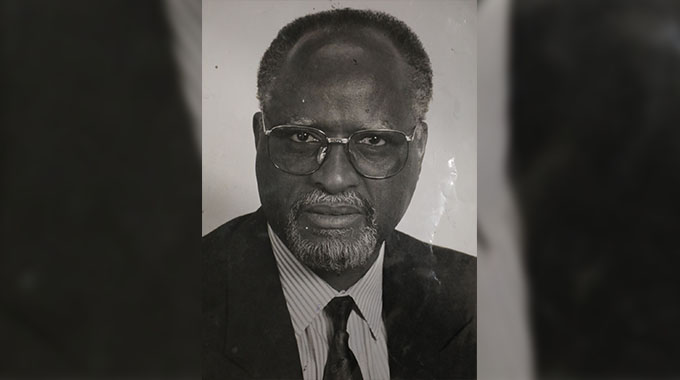COMMENT:Why not formally abolish the death penalty?

THERE is one vacancy in the civil service that we want to remain like that.
For many, just the thought of the job and what it entails is spine chilling. It is unthinkable. If there was someone in that position now, we wonder what he or she told themselves what their job was. Perhaps no one in a country of 15 million wants it anyway, so why not abolish it.
“Zimbabwe has no hangman,” Mrs Virginia Mabhiza, Permanent Secretary in the Ministry of Justice, Legal and Parliamentary Affairs told us yesterday.
We certainly don’t need one.
We report elsewhere today that the country, with 62 prisoners on the death row, has not implemented the death penalty since July 22, 2005 — 17 years and two months. We feel the reason why this has been so is because authorities don’t want any person to be given the ultimate penalty, whatever crime that person would have committed. In any case our justice delivery system transitioned a long time ago from being punitive and retributive on offenders to being rehabilitative and correctional.
“Most Zimbabweans know that the death penalty is a subject on which I feel deeply,” wrote President Mnangagwa in a foreword to a recent report on the death penalty.
“As I have said in the past, I believe it to be a flagrant violation of the right to life and dignity. I welcome this report, which shows that almost all Zimbabwean opinion formers are of the same mind, in that they wish to see the death penalty abolished. This report, and the research on which it is based, follows upon a wider survey, conducted in 2017, which revealed that only a small majority of our citizens are in favour of keeping the death penalty, and that out of those who favour it, 80 percent will be prepared to go along with abolition if the Government so decides. There has not been an execution in Zimbabwe since 2005. For nearly 15 years, therefore, we have had a de facto moratorium on the death penalty. It is my sincere hope that, in the near future, Zimbabwe will formally abolish the penalty by removing it from our statute books.”
The Constitution approves the death penalty on men aged between 21 and 70 years if they are convicted of murder in aggravating circumstances. It cannot be executed on people aged more than 70 or on any woman even if they are convicted of murder in aggravating circumstances.
We are with the President and the Government he leads in being strongly opposed to capital punishment. It does not correct anything. You cannot correct someone by eliminating them. You are adding an atrocity upon another.

Mrs Virginia Mabiza
What we suggest now is for the Government to begin the process of actually removing the provision from the Constitution instead of keeping the noose hanging threateningly above the heads of the 62. Yes, the system does not have a hangman and has not executed any criminal since July 2005, but we are of the opinion that the 62 are still feeling threatened.
Mrs Mabhiza detailed the process that has to be undertaken for this provision to be made history.
She said it can only be abolished through an amendment of the Constitution following a referendum with the motion to amend Section 48 (2) of the supreme law being triggered by the representative of the people in the National Assembly.
“Therefore, a petition from the general public to the National Assembly might be sufficient to trigger the process,” she said.
Let us have Parliament triggering the process. Abolishing the death penalty is progressive. It shows Zimbabweans respect the right to life and human dignity.










Comments